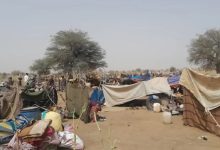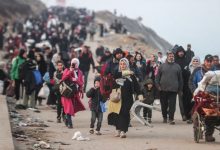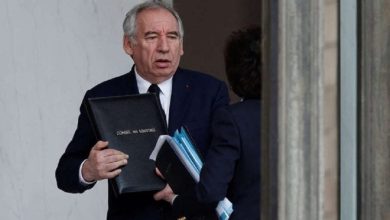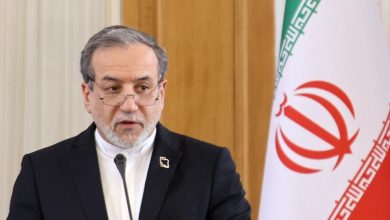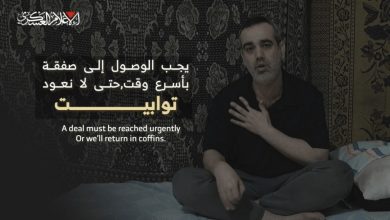Exposing the UAE’s Involvement in Sudan’s War Crimes

Watan-Parliamentarians and European experts have condemned the United Arab Emirates for funding “war crimes and rape” in Sudan, which has been experiencing internal conflict since April fifteenth last year.
The ongoing internal conflict between the Sudanese Armed Forces and the Rapid Support Forces, which Sudanese officials and official American and European reports have confirmed receiving funding, political support, and military and financial support from the UAE.
The role of the UAE in war crimes
The Strasbourg Policy Center, a renowned platform for international policy discussions, organized a dialogue entitled “The Role of the UAE in War Crimes in Sudan.”
During the event, a distinguished committee of European experts discussed the complex dynamics surrounding the involvement of the UAE in the civil war in Sudan.
Speakers addressed various aspects of the UAE’s contributions to the conflict through detailed discussion and comprehensive analysis, shedding light on its strategic interests and operational strategies.
Giovanni Barletta, a parliamentary collaborator in the Senate and Chamber of Deputies specializing in European affairs from Italy, emphasized the importance of regional states and international powers ceasing to fuel conflict in Sudan.
He added that the UAE is working to destabilize Sudan by supporting the leader of the Rapid Support Forces, Mohamed Hamdan Dagalo “Hemeti,” who attacks the legitimate government.
He pointed out that the complexities of the conflict in Sudan, where different factions compete for power amid deep-rooted grievances, require a precise approach, including preventing external actors like the UAE from supporting specific figures.
He warned that Sudan’s history paints a stark picture of the destructive consequences of internal conflict, where years of civil war have devastated the country, leading to the displacement of millions and leaving deep scars on society. And now, as the country cautiously navigates a fragile transitional phase towards democracy, any action that threatens to reignite the conflict must be carefully assessed.
Igniting the flames of violence
On the other hand, Luca Antonio Pepe, an expert in international relations and parliamentary collaborator, said that the UAE’s support for the Rapid Support Forces in the civil war in Sudan has drawn criticism from observers who say it fuels the flames of violence.
He explained that the UAE’s support for the Rapid Support Forces leader Hemeti played a key role in his successes on the battlefield according to Giorgio Cafiero, CEO of Gulf State Analytics, a risk consultancy firm.
He pointed out the firm stance taken by Sudan’s Chief of the Armed Forces, General Abdel Fattah al-Burhan, against the UAE, including the expulsion of 15 Emirati diplomats in December due to the country’s ongoing support for the Rapid Support Forces.
He noted that this came after the Burhan camp had exercised caution and diplomacy, avoiding direct verbal confrontations against major players such as Libyan Marshal Khalifa Haftar, Russia, and Abu Dhabi.
He explained that Haftar and the Wagner Group mercenaries, along with the UAE, have relationships with the Rapid Support Forces and with Hemeti personally. Haftar and Wagner had provided weapons to the Rapid Support Forces early in the conflict using Wagner’s aircraft stationed in southern Libya.
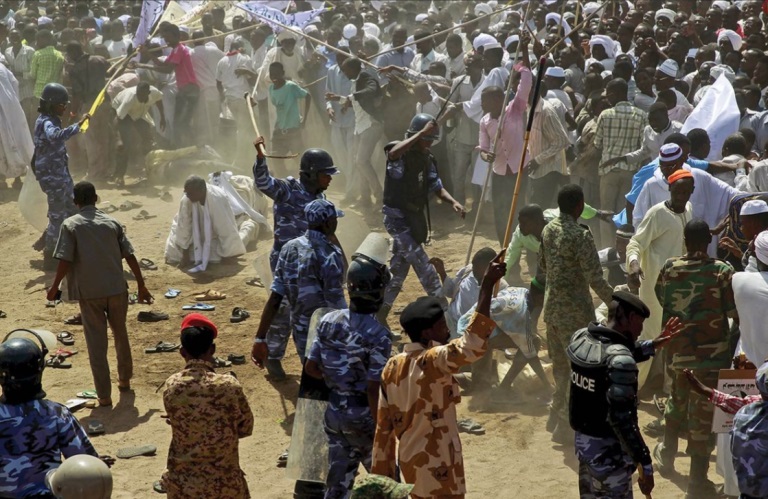
He added, “The Wagner Group, recently renamed the African Legion, and the UAE have a long-standing relationship with Hemeti through the extraction and smuggling of gold from the Jebel Amer mines in Darfur, which Hemeti controls. Most of this gold ends up in the UAE, where it enters the international market.”
Barletta pointed out that Hemeti keeps his own money and the money of the Rapid Support Forces in the UAE, which is also home to the social media propaganda network of the Rapid Support Forces.
Hemeti has a close relationship with Mohammed bin Zayed, represented by the UAE’s support for the Rapid Support Forces. In 2019, four years before the conflict with the Sudanese Armed Forces began, Hemeti purchased 1000 vehicles from the UAE that could be converted into technical vehicles carrying machine guns.
Additionally, Hemeti’s family company, Tradive General Trading, which purchased those vehicles, is also based in the UAE.
It was emphasized that as the conflict between the Sudanese Armed Forces and the Rapid Support Forces continues, support from external parties – especially the UAE – has become crucial as the international community pushes for a ceasefire, according to Alex de Waal, Director of the World Peace Foundation.
Danieli Nadei, a European journalist and expert in international and local affairs, reviewed the catastrophic consequences of worsening the humanitarian crisis in Sudan due to internal conflict and external support.
He mentioned that warring parties in Sudan are using heavy weapons in densely populated areas, leading to dire consequences for civilians. In July 2023, the International Criminal Court opened an investigation into allegations of international crimes committed in Darfur.
He warned that the ongoing conflict would exacerbate existing vulnerabilities and create new ones, causing immense suffering among civilians. Recent reports indicate that more than 13,000 people have been killed since April, although data remains partial due to extreme violence, limited communication, and access.
Rising violence in Sudan
He noted that in 2023, Sudan became the second most dangerous place for humanitarian workers in the world, with at least 22 relief workers killed, according to the Aid Worker Security Database. Medical teams and infrastructure are increasingly targeted, with the World Health Organization verifying 60 attacks since April 15, 2023.
Furthermore, food insecurity is on the rise, with new Integrated Food Security Phase Classification (IPC) forecasts for December indicating that 17.7 million people will face high levels of acute food insecurity between October 2023 and February 2024, including nearly 5 million in emergency stages.
The conflict has led to significant waves of forced displacement, with over 7.7 million internally displaced persons reported so far. More than 6 million people, including at least 3 million children, according to UNICEF, are internally displaced, while over 1.6 million have fled Sudan, the vast majority of whom are extremely vulnerable women and children.

